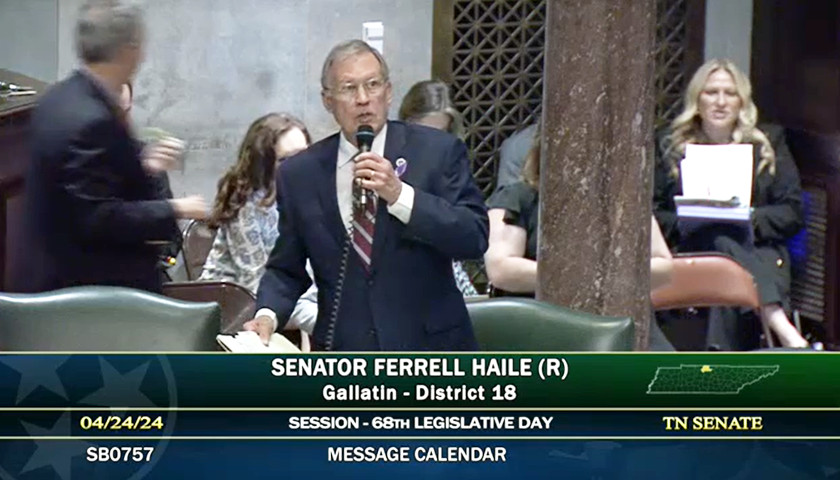by Anthony Hennen
The Department of Drug and Alcohol Programs in Pennsylvania is celebrating a boost in its licensed recovery houses, but the success falls far short of the former administration’s expectations.
After attending a recovery-focused yoga class in Harrisburg hosted by addiction treatment provider Gaudenzia, DDAP Secretary Latika Davis-Jones announced that 312 recovery houses have been licensed by the commonwealth.
“The Shapiro Administration is committed to ensuring that Pennsylvanians are supported through all steps of their recovery journey,” Davis-Jones (pictured above) said in a press release. “Everyone’s recovery journey is different; but for many, one of the critical stops following treatment is moving into a recovery house. Recovery houses provide direct connections to others in recovery, mutual support groups, and support services that help residents lift each other up.”
Recovery houses provide people recovering from a drug or alcohol addiction with peer support and other services; it’s estimated that the commonwealth has thousands of operating recovery houses, most of them unlicensed.
Davis-Jones encouraged recovery house leaders to get licensed, which qualifies houses to get state and federal funding, as well as referrals from state agencies. Licensed houses are required to train staff in first aid and naloxone (an overdose reversal drug) and run background checks, document financial transactions with residents, among other regulations.
Though the number of licensed houses has grown, it remains well below what previous Gov. Tom Wolf’s administration hoped for. Operators have been slow to get licensed, and Wolf hoped that 600 houses would do so.
When a house applies for a license, DDAP offers technical assistance and also offers a workshop to improve applications and streamline the process.
Recovery houses are used to give people a positive environment for their recovery.
“In order to best help individuals with substance use disorder, we need to provide evidence-based treatment addressing the needs of the whole person,” Dale Klatzker, Gaudenzia President and CEO, said. “By addressing the physical, mental, and spiritual needs through a full continuum of care, individuals are more likely to remain in treatment.”
Support for drug and alcohol recovery has seen action in recent years from the governor and General Assembly. Licensed recovery homes have received $600,000 to make physical upgrades and more money could be coming for recovery services as a proposed Lifetime Recovery grant program. Single County Authorities across the commonwealth have also stepped up efforts to provide community for those in recovery and support for people transitioning out of prison or hospitals.
– – –
Anthony Hennen is a reporter for The Center Square news wire service, covering Pennsylvania, and co-host of Pennsylvania in Focus, a weekly podcast on America’s Talking Network. Previously, he worked for Philadelphia Weekly and the James G. Martin Center for Academic Renewal. He is managing editor of Expatalachians, a journalism project focused on the Appalachian region.








